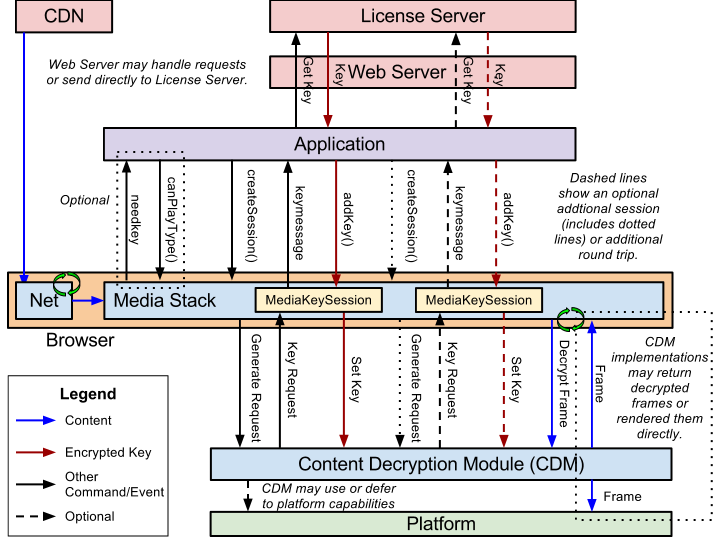EFF-Austin is promoting new legislation to require police to obtain a warrant for cellphone tracking. Police can leverage the technology that allows cellphone signals to reach your phone, and that you can use to find your phone when it’s lost, to track your movements. This requires the cooperation of cellphone companies, which are getting a substantial number of requests from law enforcement, usually via subpoena. We feel that this kind of surveillance requires judicial oversight, i.e. a warrant.
Here’s a factsheet:
Problem: Using the data transferred from, received by, and stored in your cell phone or smart phone, police are now able to track your every move without judicial review and without leaving their desks. Our antiquated surveillance laws need updating.
- Cell phones now transmit your location hundreds of times a day, creating a virtual diary of your life.
- Some phones can do this even when turned off, limiting your control over your privacy.
- Cell phone companies get so many law enforcement requests (1.3 million last year) that they have hired hundreds of people and created simple fee schedules to manage the volume.
- The Computer and Communications Industry Association has publicly called for warrant protection for online and mobile content and locational information.
- Law enforcement requests for locational tracking of Texans are permanently sealed.
- A few Texas judges have started to publicly denounce the overuse of cell phone surveillance by police agencies and call for reform. Information compiled by federal Magistrate Judge Stephen Smith in Houston indicates few criminal cases are made despite thousands of requests..
Solution: Amend Article 18 of the Texas Code of Criminal Procedure to:
- require a warrant for locational tracking of individuals (regardless of the type of device) except in the case of a life threatening emergency;
- allow an order for tracking to be sealed up to 180 days unless a judge finds good cause to extend the seal;
- require reporting of aggregate information about the amount, type, and outcome of locational tracking by police agencies in Texas.
Legal framework: Texas law – focused on increasingly obsolete technologies like the Pen Register and Trap and Trace device – was crafted before the invention of the “smart” phone. It does not provide adequate guidance for police, carriers or the public around the detailed locational data smart phones transmit.
- In January of 2012, the Supreme Court in U.S. v. Jones determined that locational data from a tracking device attached to a car constitutes a “search” but did not specify any required procedure.
- In a case now before the Fifth Circuit (case# NO. 11-20884), the Obama administration argues that historical locational data from a cell phone is not subject to the 4th Amendment because it is held by the cell phone company (it is a “business record”) and that people don’t have a “reasonable expectation” of locational privacy.
- New technology makes the distinction between “historical” and “real time” data increasingly blurry.
- It may be years before the U.S. Supreme Court catches up with today’s technology. In the meantime, state law should create a clear and protective privacy standard for Texans




